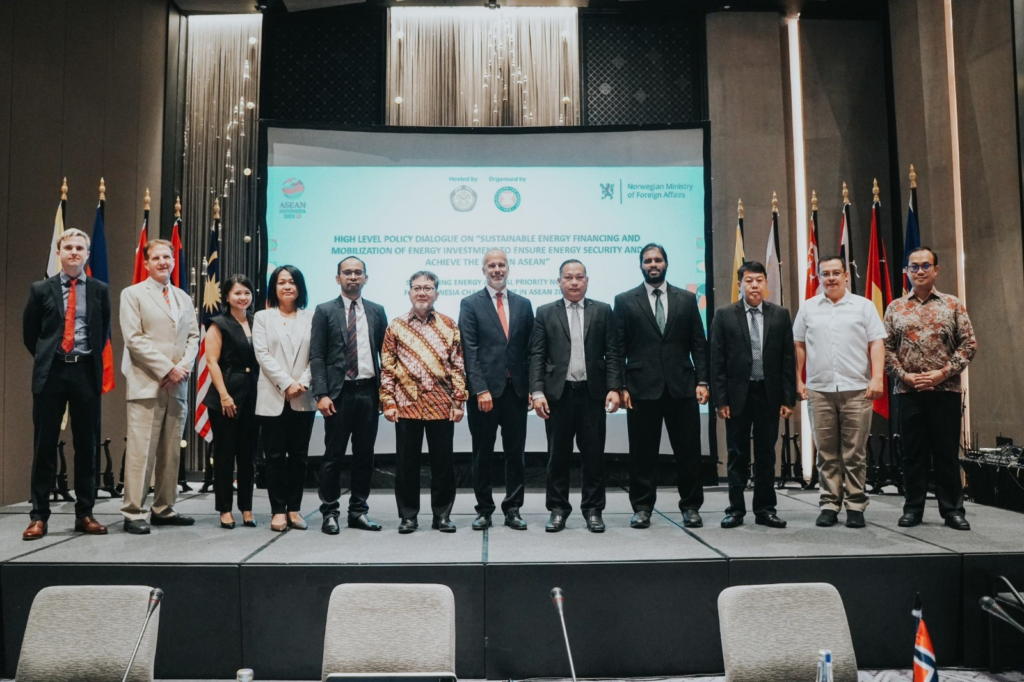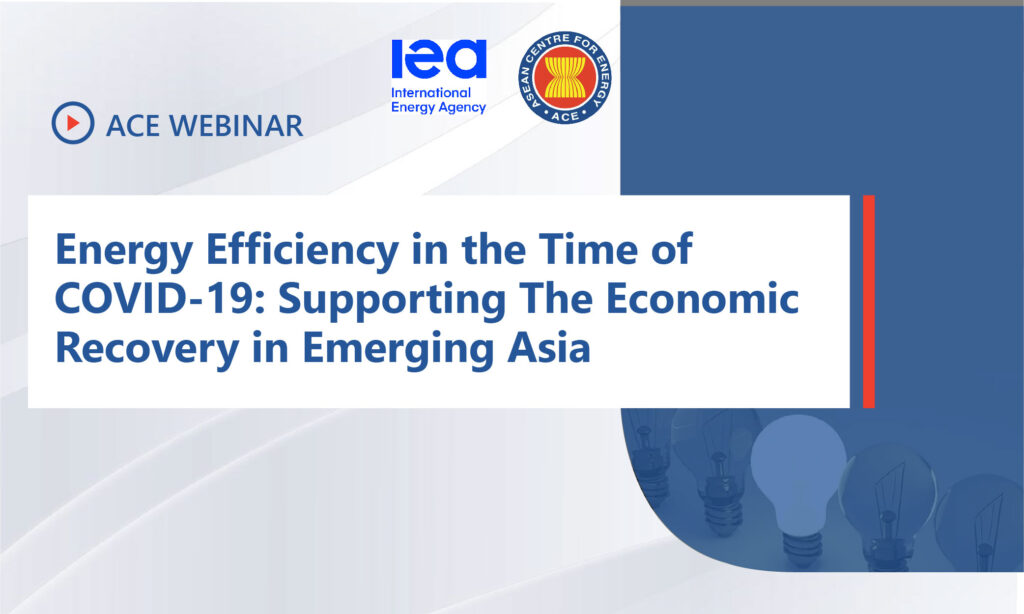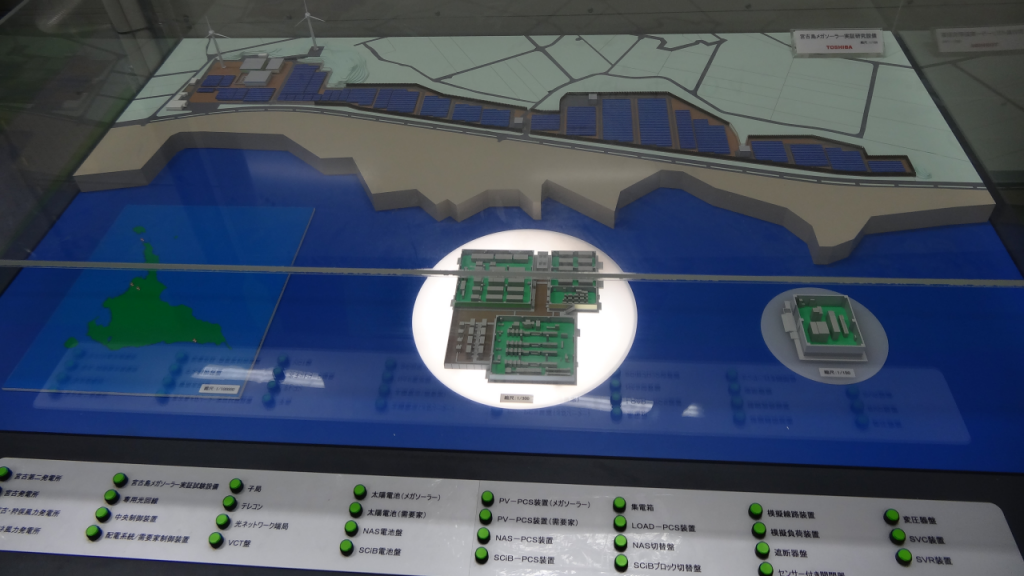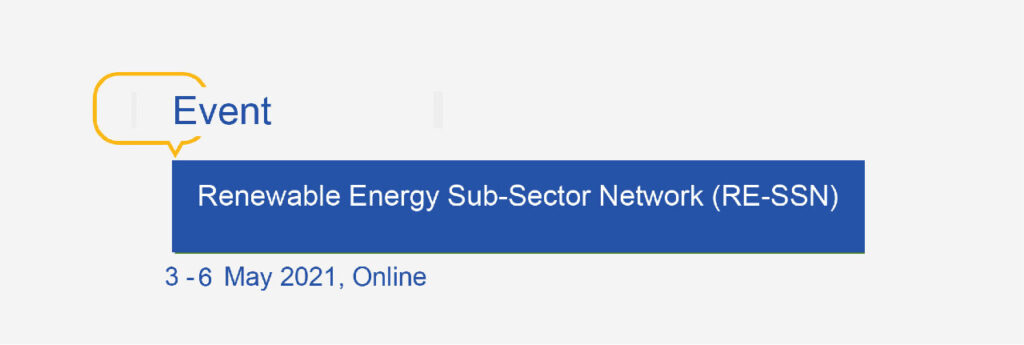Why Energy Systems in Southeast Asia Need to go Digital

Traditionally, the development of electricity systems has been built upon two assumptions: demand is not to be controlled; supply, then, must meet demand.
Going In-depth Into The Role of Coal in Energy Resilience

Recently, the world economy is shaking energy resilience due to the COVID-19 pandemic. The COVID-19 crisis made the energy market unstable, and the prospects for coal were uncertain. Limited use of electricity and industrial production in most countries reduces global coal consumption.
Education for Climate Change, Education for Sustainability

Climate change mitigation efforts often play around adopting renewable energy sources such as solar and wind or transforming cities to utilise more sustainable transportation, such as electric vehicles or biofuels. Unfortunately, the mitigation strategy of a quality education experience is rarely discussed.
ASEAN to Push Utilisation of Storage Technologies

ASEAN Member States (AMS) need to step up their game on energy storage development. As the 6th ASEAN Energy Outlook foretells, ASEAN’s Total Final Energy Consumption (TFEC) projects to increase by 38 per cent by 2025 and 146 per cent by 2040, from 375 Mtoe in 2017 to 922 million or megatonnes of oil equivalent (Mtoe) in 2040.
The Media Can Propel Energy Transition
In our life today, the media play a huge role in public policy making. The media’s ability to influence is affected by several factors, such as accessibility, trust and the existing linkage between them and the authorities.
Vietnam Smashes 2020 Solar Capacity Records
Once again Vietnam has set another local record in its solar sector. This time it is for rooftop solar installation. At the end of 2020, the country’s rooftop solar installations added 9.3 gigawatts (GW) to its national grid.
Advancing Women’s Involvement in ASEAN Energy Transition

The ASEAN Plan of Action for Energy Cooperation, the framework of energy cooperation in the region, stipulates the aspirational targets of achieving 23 percent renewable energy share in the total primary energy supply and 32 percent energy intensity reduction by 2025.
Indonesia Needs Renewable Energy Law to Pave Way for Cleaner Energy

Given its abundant renewable energy potential, Indonesia has set an ambitious target of increasing the share of renewable energy.











